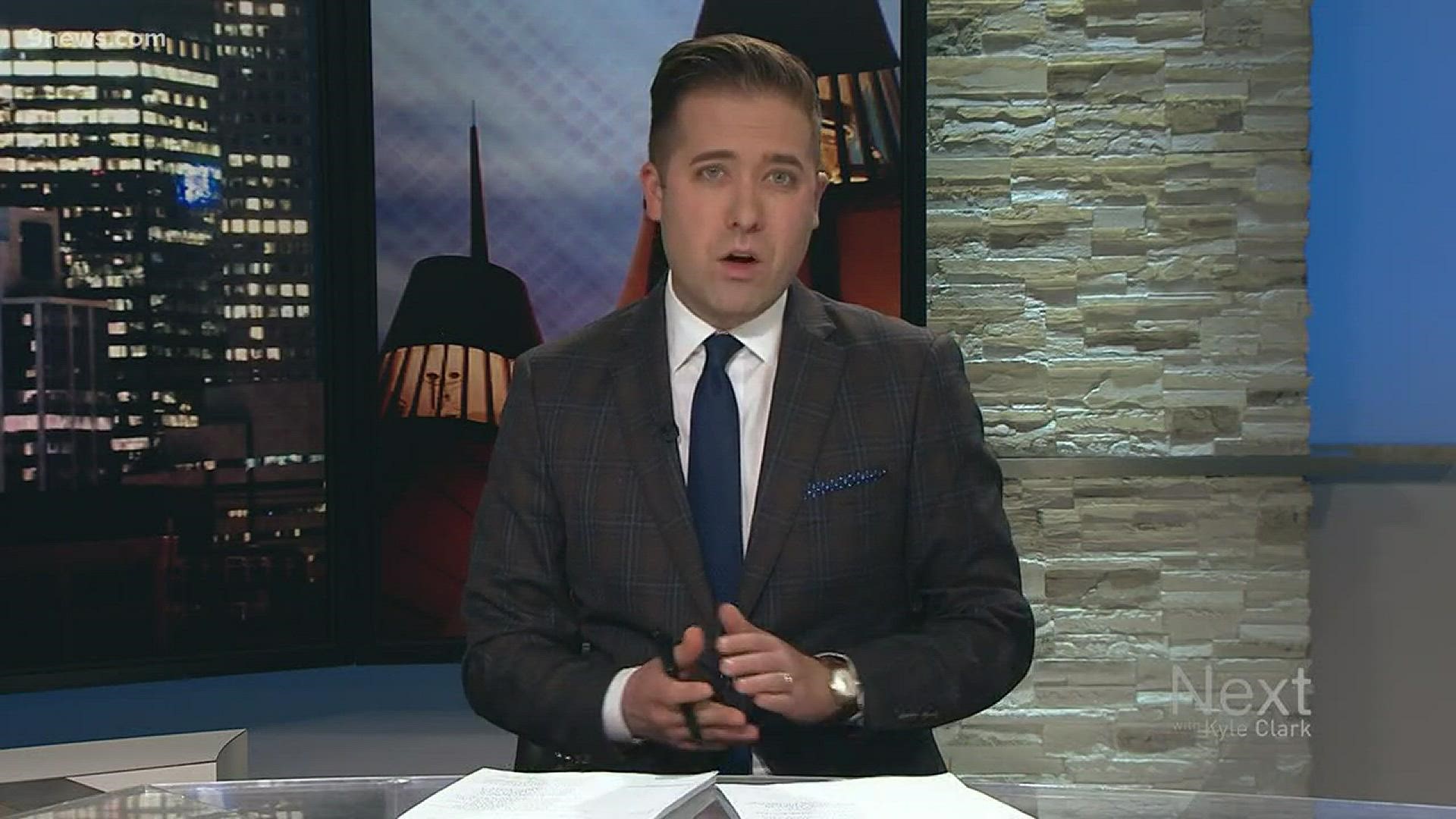KUSA – Citing the fact it has one of the lowest vaccination rates in the country, Colorado’s chief medical officer says the state is poised for a major outbreak similar to the one in Washington, where more than 60 people have been diagnosed with measles.
“If we don’t do something soon, we’re certainly at risk for an outbreak,” said Dr. Tista Ghosh, the interim chief medical officer for the Colorado Department of Public Health and the Environment.
According to data from the Centers for Disease Control and Prevention, fewer than 89 percent of kindergarten-aged children in Colorado have received vaccines for diseases like measles, mumps and rubella. That’s below the national average, which is the CDC said at a little less than 95 percent.
That 95 percent number is ideal for what Ghosh refers to as “herd immunity,” or the percentage of the population that’s needed to be vaccinated in order to avoid a big outbreak.
Bolstering vaccination numbers is particularly important when it comes to people for whom vaccination simply isn’t an option due to either being too young or a medical condition.
“They really rely on herd immunity to protect them,” Ghosh said. “So it’s a public safety issue.”
Colorado law currently lists three cases where parents aren’t required to give their school-aged children a vaccine. While medical and religious exemptions are common across the country, the Centennial State is one of only 17 that allows parents to cite personal beliefs when they choose not to vaccinate their children.
This has prompted State Rep. Kyle Mullica (D-Northglenn) to draft legislation aimed at barring parents from not vaccinating their kids for reasons that are strictly personal.
Mullica is an ER nurse and a father of three children. He said he met with CDPHE and was shocked to learn that Colorado is ranked No. 49 out of the 49 states that reported kindergarten vaccination rates (Wyoming is the one that doesn't).
“My alarm just raised,” Mullica said. “I was concerned, I was embarrassed, you know, and as a dad, I’m thinking ‘I don’t want my children to be exposed to something, a vaccine-preventable disease.”
His bill could be dead in the water. Gov. Jared Polis (D-Colorado) has said he would veto any such bill that went through the legislature, saying it would bring “big government in the middle of a parent-child relationship.”
During an interview with the Hill, Polis conceded it’s “important that parents vaccinate their children” but that if the government mandates them, “it creates distrust in both vaccinations and distrust in the government.”
Ghosh said removing the personal exemption in Colorado won’t necessarily be the silver bullet when it comes to bolstering vaccination rates. She pointed to California, where she said people simply used medical and religious exemptions once citing personal reasons no longer became an option.
“Something needs to be done to raise vaccination rates in Colorado, and there are a lot of potential options: some are legislative and some are not,” Ghosh said. “… I think we can do a better job at the health department of getting out information that vaccines are safe and they are effective – that millions of children get vaccinated every year with minimal side effects, and that some of the diseases we’re talking about, the outbreaks that could happen are potentially deadly.”
Though some reports have indicated Polis’ office asked CDPHE not to intervene in discussions about the personal exemption bill Mullica is drafting, Ghosh said that’s not the case.
“We have been working with Representative Mullica, we work with other legislators,” Ghosh said. “We’re here as a resource to the public to provide information on vaccinations or other health issues.”
Mullica, who said he is still writing his vaccinations bill, promised he won’t water it down just to avoid a veto.
“This isn’t a political thing for me,” Mullica said. “And I think that’s probably been one of my biggest struggles, is seeing politics get in the way of good policy.”
SUGGESTED VIDEOS | Next with Kyle Clark

